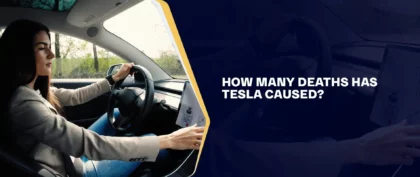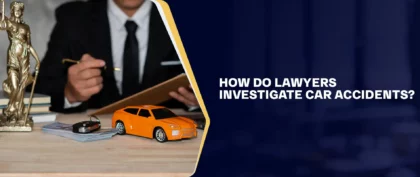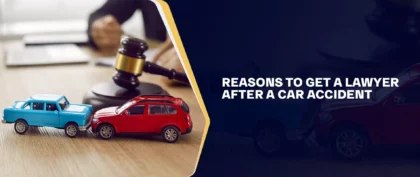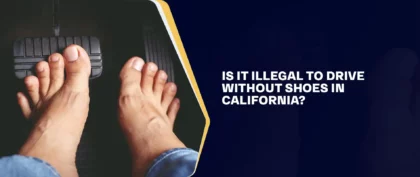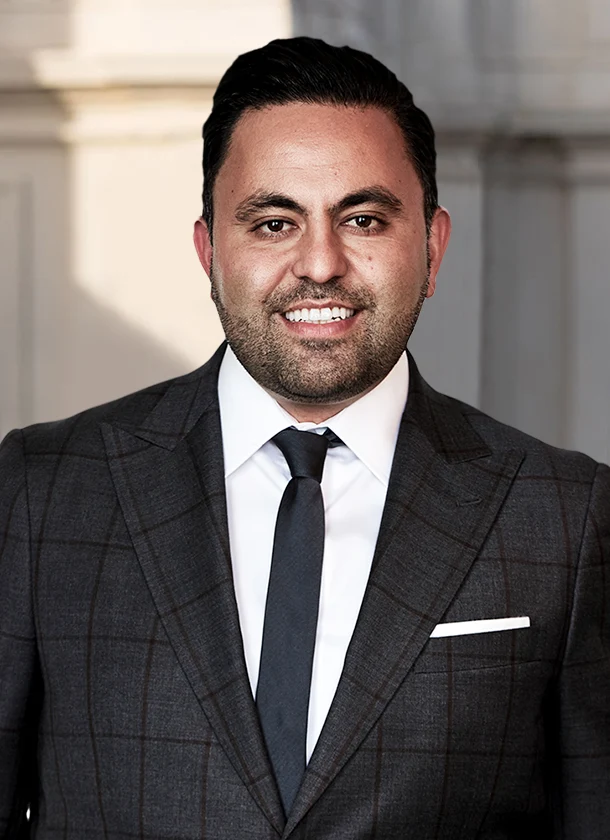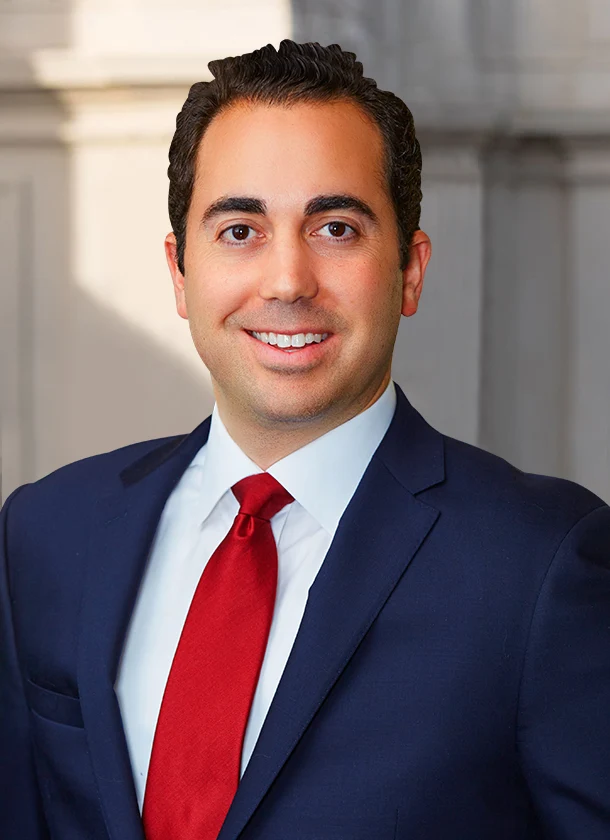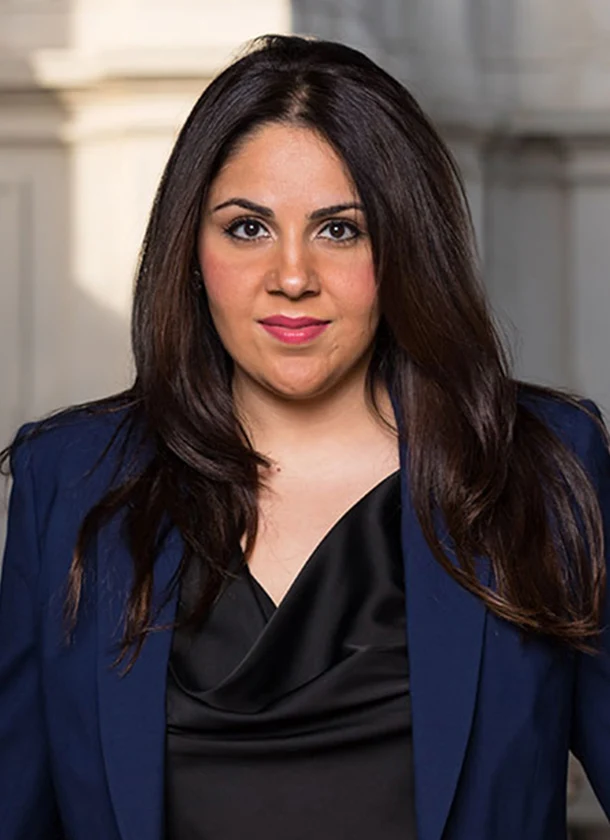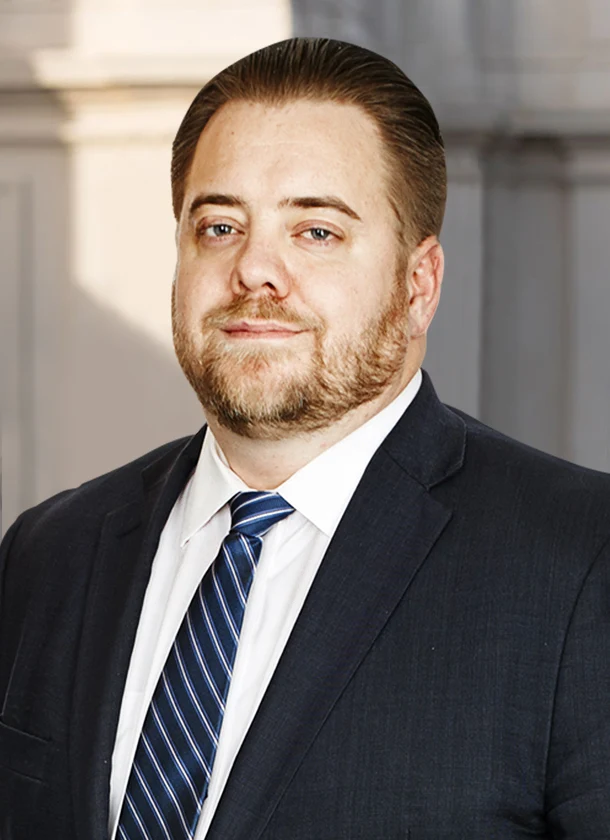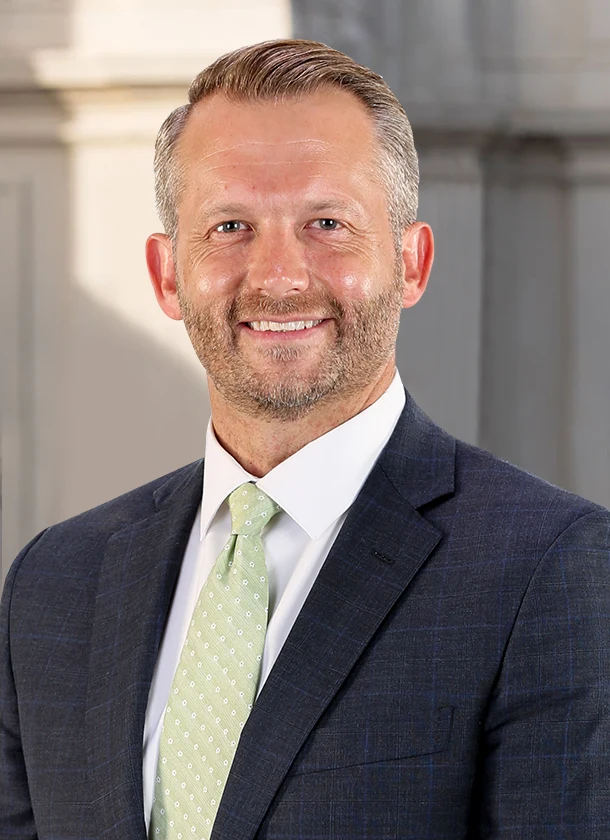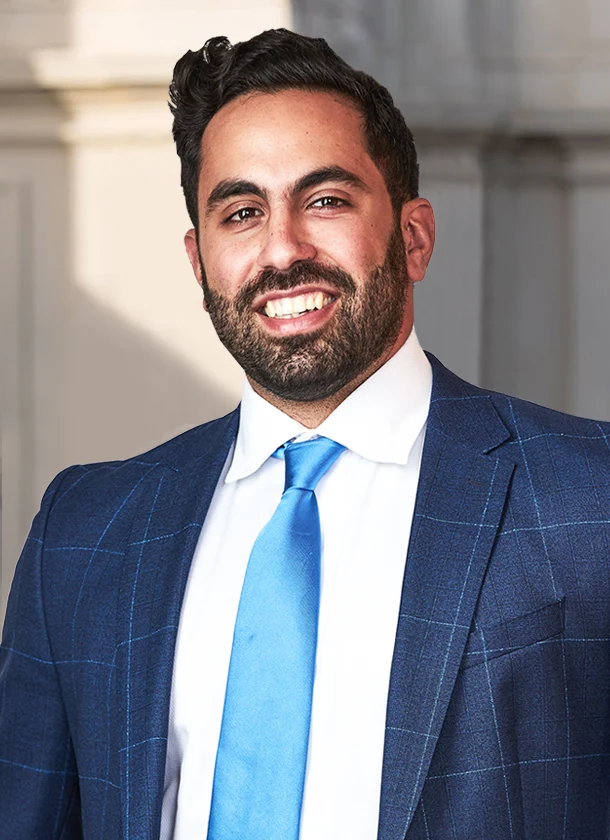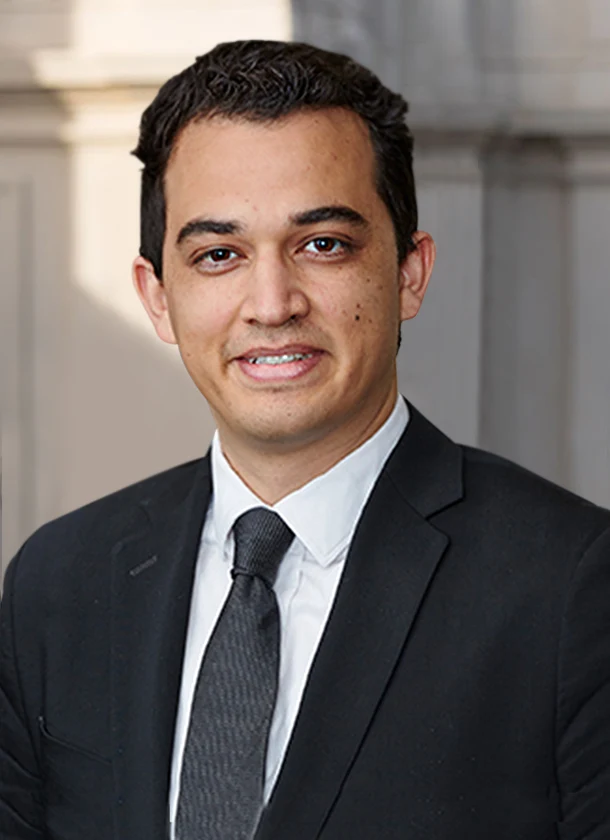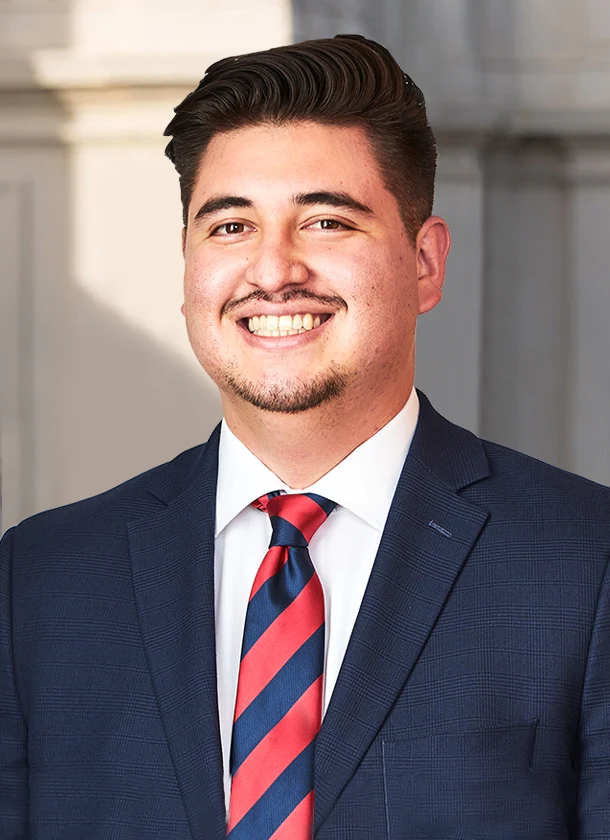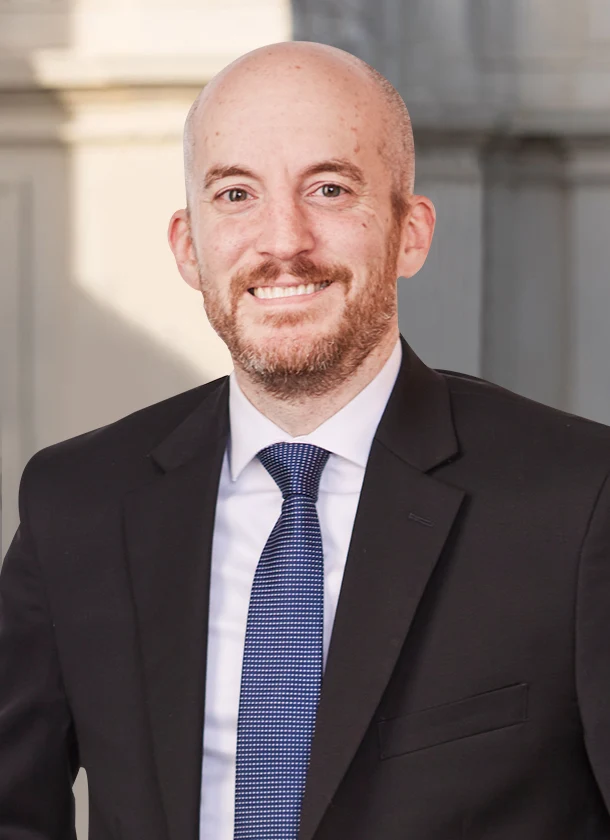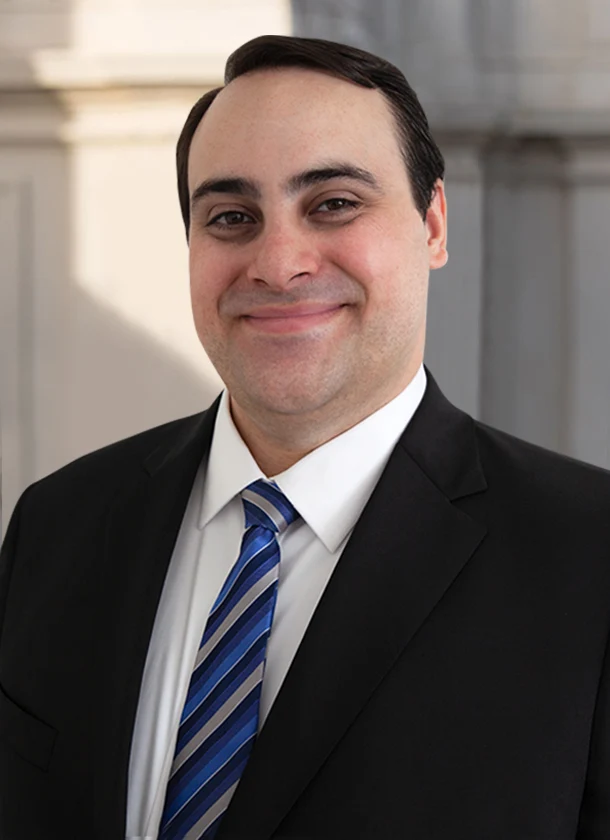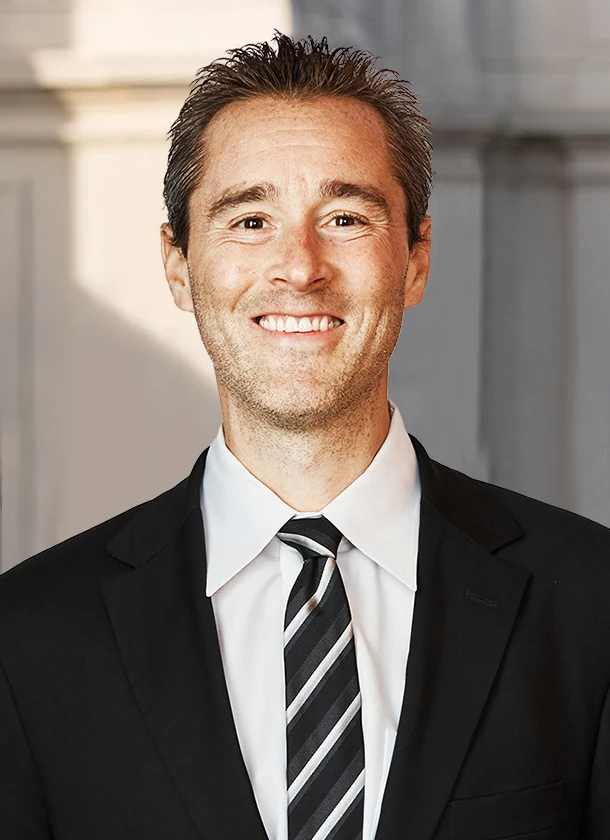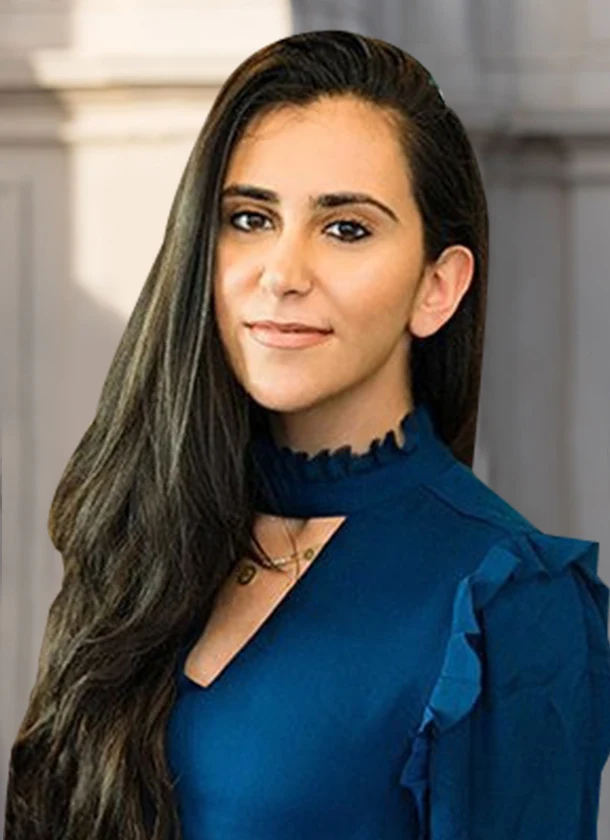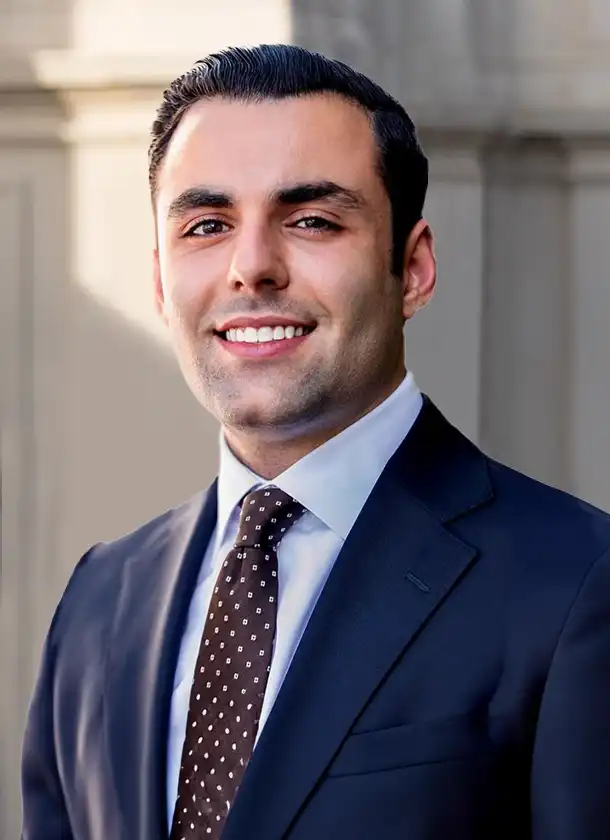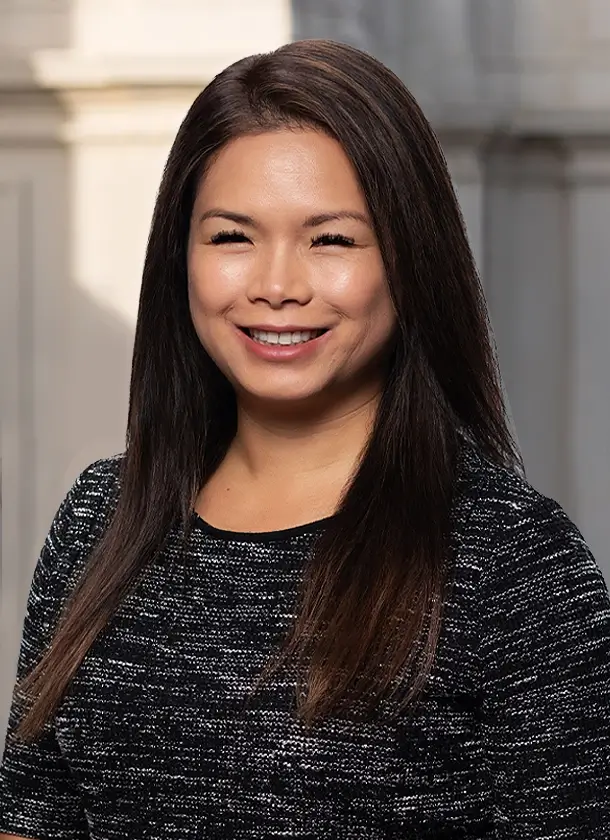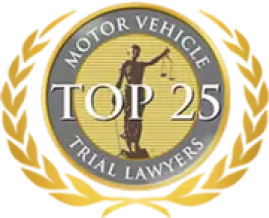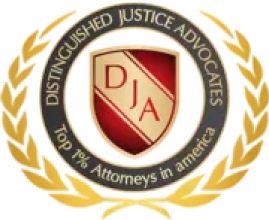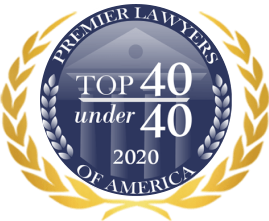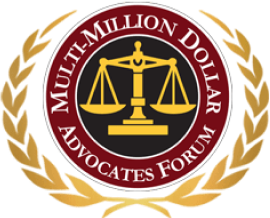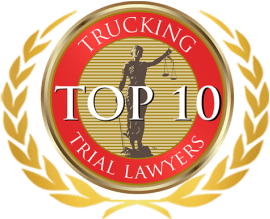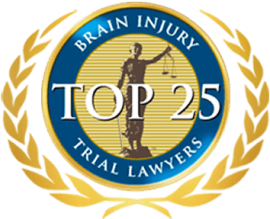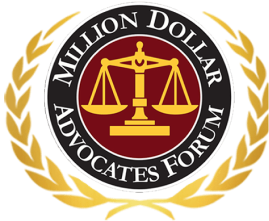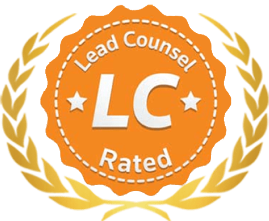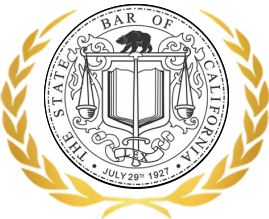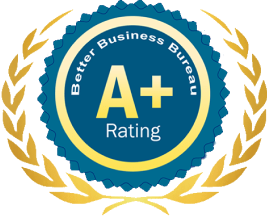After an accident, knowing who is responsible for paying the bill for your property damages is one of the most important problems to solve, second only to ensuring that everyone is safe and their injuries are treated. But knowing the logistics of getting a repair shop paid to get your car back can be difficult and frustrating. Continue reading to learn more about getting your car fixed and back on the road after a car accident.
If you are hurt in a car accident, you need the best California injury attorneys you can get! Call us if you have been involved in an accident. Our firm has decades of experience helping accident victims get their compensation. We have collected over $500 million in compensation for accident victims who trusted us with their cases. We would love to assist you, too. We are here to help.
Does My Insurance Company Pay the Body Shop Directly?
The answer to this question depends on your vehicle’s ownership status. If you own your vehicle outright (meaning you do not owe any money on a car loan or lease), your insurance company may cut a check directly. If you own your vehicle, you may not be required to spend the money you receive on repairs on your car. You can theoretically spend the money on whatever you want.
However, if you have a lease or a car loan, you may never see an insurance check for your damages. In this situation, your insurance company may send a check made out to the body shop and work directly with the body shop. Car insurance was intended to help drivers avoid the risk of paying the total out-of-pocket expenses for car repairs or replacements. Automobile insurance absorbs the risk of large payments.
Insurance-Preferred Body Shop Repairs

One benefit of choosing an insurance-preferred body shop is the efficiency of service. Your car will be repaired quickly and correctly without a drawn-out ordeal based on your coverage type. A downside of choosing an insurance-preferred body shop that most insureds do not think of is that the insurance company and these body shops do a lot of work together. Remember, the body shops want repeat business from the insurance company, so the shops keep the insurance company’s bottom line in mind.
Who Pays If I Am at Fault for the Accident?
If you are involved in an accident and are at fault, your insurance company will pay for your property damage after paying your deductible. A deductible is money you must pay after an accident before the insurance company pays to repair your car. You decide on your deductible amount when you first get your insurance company. The tradeoff for a low deductible is a high premium.
Who Pays for My Car If the Other Driver Is at Fault?
If the other driver caused the accident, you would file an insurance claim with the at-fault driver’s insurance company. You can choose to have the at-fault driver’s insurance company handle the entire case. However, keep in mind that the opposing party’s insurance company has no allegiance to you. They do not have a contractual relationship that compels them to ensure your rights are protected.
So, the other insurance company may not be cooperative or responsive during the investigation. If that happens, you may need your legal counsel. Your legal counsel works to ensure that you get the compensation you deserve. If you have injuries or property damage caused by a traffic crash, call a reputable car accident law firm.
Our talented personal injury attorneys have decades of experience working for injury clients we have collected over $500 million in compensation for our clients. Call us today at (888) 488-1391 or visit us online to schedule a free consultation.
Suppose you are working with another driver’s insurance. If the at-fault driver’s insurance company is not cooperative, you can have your insurance company pay for the repairs minus your deductible. If the other driver’s insurance company works well with you, your insurance company will want to be repaid. The process of your insurance company being repaid for repairs is called subrogation.
What Is Subrogation?
Subrogation is the process of an insurance company being repaid for the money spent to make repairs. If you have another insurance company pay for repairs, your insurance company will want to be repaid. For example, the other insurance company may use different mechanics to repair damages, and those repair shops may complete their work at a more expensive rate.
The difference between the price of repairs that would have been incurred if your insurance company handled your case and the price incurred by a third-party insurance company must be repaid to your insurer. That is a subrogation claim.
Subrogation laws allow insurance companies to pursue any third party that caused a loss to the insurance company to lose money. Subrogation can be a confusing area of the law. The injury attorneys at Arash Law led by Arash Khorsandi, Esq. are knowledgeable about subrogation and can help you protect your legal rights if a subrogation claim arises in your case.
What Happens If the Insurance Check Is More Than the Cost of Repairs?
Sometimes, the insurance check is more than the estimate of repairs. If that happens, the balance is yours to keep and do with whatever you choose. Note that this circumstance does not happen very often, especially if you choose to use an insurance-preferred body shop.
Suppose you are using an insurance-preferred auto shop. In that case, it is likely that the insurance company has already gotten an estimate from the auto shop and will cut a check directly to the shop that is exactly or very close to the repair estimate.
What Happens If I Spend the Insurance Money on Something Else?
If you own the car outright, you may be able to use the insurance check on anything that you want. However, if you have a lease or a loan, you must read the terms of your agreement and your insurance policy. If you have a lease or a loan, you probably agree to keep your vehicle in good condition, and you will likely have to spend the money to finance your repairs.
What Is the Difference Between a No-Fault State and an At-Fault State?
You may have heard about “at-fault states” and “no-fault states.” It can be challenging to understand the difference between those terms, and it is unlikely that you had ever thought about the difference before you were in an accident. Continue reading to learn more about the difference between no-fault and at-fault states.
What Happens If Another Driver Hits Me in a No-Fault State?
In a no-fault state, each driver will get their damages paid for by their own insurance companies after an accident. They will seek recovery for damages under their insurance policy. No-fault states limit each driver’s ability to sue despite who is responsible for the accident. There are only a few states across the country that are no-fault states.
After an accident in a no-fault state, each driver must file an insurance claim with their respective insurance companies. Any time you file a claim with your insurance company, you must pay a deductible. The deductible covers the cost of any additional costs of the claim.
What Happens If Another Driver Hits Me in an At-Fault State?
A driver will be legally responsible for the car crash in an at-fault state. In at-fault states, the driver that is found responsible for the accident will also be responsible for any damages, physical or property damage, that the accident caused. California is an at-fault state.
You must file an insurance claim with another driver’s insurance company in an at-fault state. The at-fault driver’s insurance company will investigate the claim. The at-fault driver’s insurance company will determine the fault at the end of the investigation.
The driver determined to be at fault will be responsible for paying the other driver’s property damages. If the other driver’s insurance company finds it is insured at fault for the accident, the insurance company will write a check for repairs to a body shop of their choice to fix your vehicle. You will pay nothing.
If the other driver’s insurance company found you at fault for the car accident, you have the right to dispute its decision. You may need legal representation to take on the big insurance company. Arash Law and the team led by Arash Khorsandi, Esq are here to help accident victims just like you.
We have decades of experience assisting our clients in getting the recovery they deserve. We have collected over $500 million in compensation for accident victims who needed assistance to get their lives back. Call us today at (888) 488-1391 or visit us online to schedule a free consultation today.
What Is the Difference Between a No-Fault State and an At-Fault State?
Your insurance policy may reflect many types of car insurance coverage. There are some significant types of insurance coverage. The type of coverage you must carry depends on whether you own your vehicle.
If your vehicle is a lease or if you have a car loan, the terms of your agreement may require you to have a specific type of coverage. Continue reading to learn more about the different types of insurance coverage.
What Is Collision Insurance?
Collision insurance is typically an optional form of insurance coverage. Collision coverage pays for repairs to your vehicle or replacing your vehicle if you are involved in a car crash with another vehicle or a stationary object. Collision insurance coverage ensures that you will be adequately compensated if you are in an accident with a driver that does not have insurance coverage.
On the other hand, be sure not to claim your insurance policy’s collision coverage if the at-fault driver has adequate insurance. This coverage is like underinsured or uninsured motorist coverage.
Uninsured motorist coverage is insurance coverage that covers damage to your vehicle if you are in a car accident with a driver that does not have any automobile insurance. Underinsured motorist coverage is insurance coverage that covers damage to your vehicle. Suppose you are involved in an accident with a driver whose policy limits are not enough to cover your expenses. In that case, you will file a claim with your underinsured motorist policy to recoup your expenses.
If you claim your insurance policy’s collision coverage, your insurance company will cover your claim for the car’s actual cash value if you have sustained a total loss. A total loss is when a car accident has made your vehicle inoperable. The amount paid out is typically equal to your car’s initial purchase price minus depreciation.
What Is Comprehensive Insurance?
Comprehensive automobile insurance covers various types of issues that can cause damage to your vehicle. Examples of what comprehensive insurance covers include:
- Damage to your vehicle that was not caused by a traffic collision
- Theft
- Vandalism
- Fire
- Falling objects
- Severe storms
- Natural disasters
- Animals
- Acts of God
Your comprehensive insurance coverage will also take care of damage to your vehicle caused by another driver hitting your parked car. Like collision coverage, if the driver that hit your parked vehicle had adequate insurance coverage, you should not claim your comprehensive insurance policy. If you have both collision and comprehensive coverage, you are considered to have “full coverage” insurance.
What Is Rental Insurance Coverage?
Rental insurance coverage is optional insurance coverage. Rental insurance coverage helps you pay for the cost of getting a rental vehicle while your car is in the shop. Your policy will state the amount you may spend on a rental vehicle per day, per accident, and the maximum number of days you may have the rental car while your vehicle is in the shop.
What Is Liability Insurance?
Liability insurance only covers damages that you caused to another driver’s vehicle. Liability insurance coverage will not cover any damage to your property. If you only have liability insurance, you will either pay for the damages to your car out of pocket or live with the damage.
Each state requires every driver to carry liability car insurance at a minimum. The number of minimum policy limits will vary depending on the state.
What Is a Zero Payout?
A zero payout is a claim that is filed differently than a traditional insurance claim. You still inform your insurance company that you were in a car accident in a zero payout claim. Still, instead of waiting for the insurance company to make the repairs, inform your insurance carrier that you have made the repairs yourself. If you choose to make your repairs, your insurance company is not responsible for any defects or further repairs that are needed on your vehicle.
What if My Deductible Is Less Expensive Than the Cost of Repairing My Car?
If the damage to your vehicle is less expensive than your deductible, you can opt to pay for the damages yourself. It will not make sense to incur an expensive deductible if the damages are less than the deductible.
What if My Deductible Is Less Expensive Than the Cost of Repairing My Car?
 How Much Insurance Coverage Should I Have?
How Much Insurance Coverage Should I Have?
Deciding how much insurance coverage depends on several different factors. When you decide how much insurance you need, you should first think about the value of your vehicle. If you have a newer car with expensive parts, you may want to ensure that you are covered if you must replace many expensive parts after an accident.
On the other hand, if you have an older car that has parts that are easily accessible (for example, the parts can be found at a junkyard), you may not want to make expensive insurance payments each month.
Keep in mind that if you have a lease or a loan, the terms of your agreement may require that you have a specific type and amount of insurance for the life of the loan. Not having the required insurance can leave you in hot water legally and potentially expose you to legal liability for breach of contract. The consequences of breaching your loan or lease agreement terms can result in your vehicle being repossessed.
Call a California Accident Attorney Today
If you have been in a car crash, call our California injury attorneys. We have decades of experience successfully handling cases involving injuries and property damage that our clients have trusted us with, and we would like to help you. Call us at (888) 488-1391 or visit us online to schedule a free consultation. We want to put our decades of experience collecting over 400 million dollars in compensation for accident victims to work for you. Contact us today. We are here to help.


 How Much Insurance Coverage Should I Have?
How Much Insurance Coverage Should I Have?